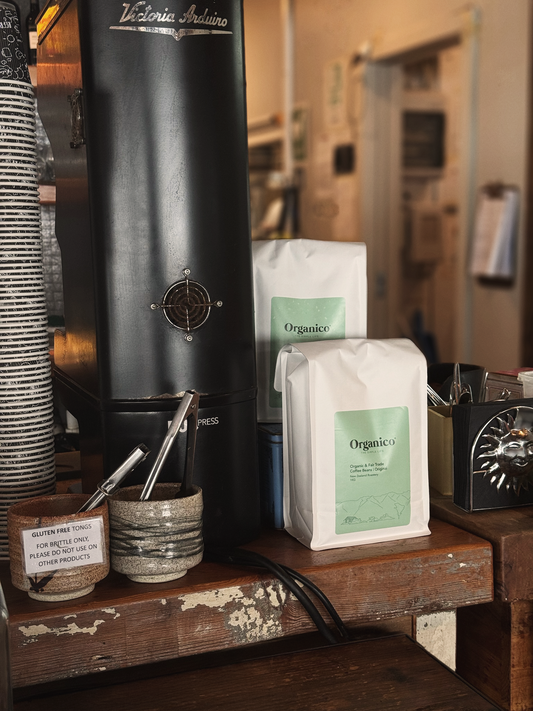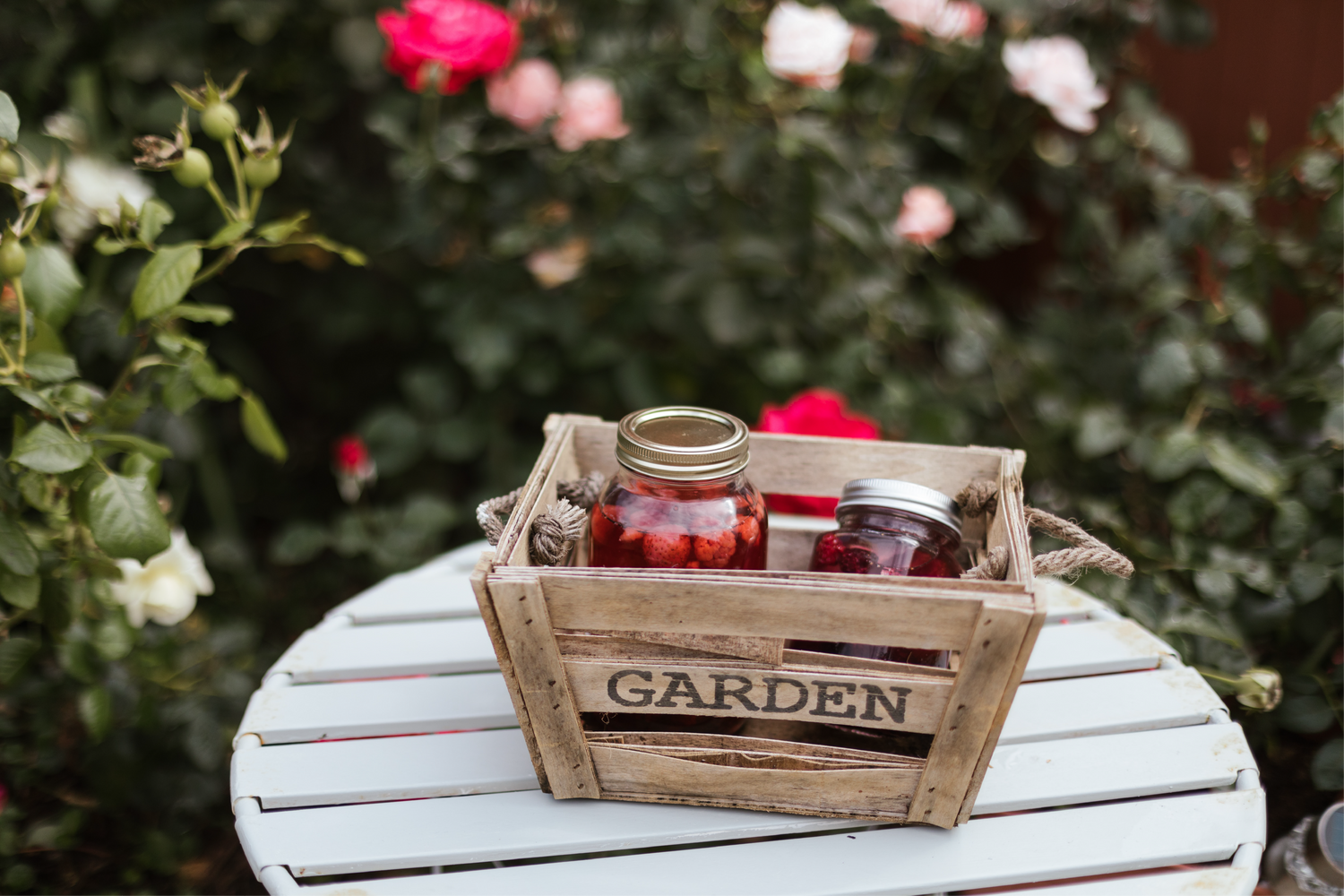NO COOK JAMS
No cook jams can be stored in the refrigerator for up to 3 weeks or can be kept in the freezer for 8 months. Sterilized containers are not required for no-cook jams, but the containers do need to be washed in hot soapy water and rinsed before use. Plastic containers (specifically designed for frozen jams), or glass jars with tight-fitting lids that are no larger than 2 cups, can be used. Pros - These are super easy for beginners to make. Cons - You need freezer space to store them as they are not shelf stable (like the cooked variety of jams).
COOKED JAM / JELLIES
Cooked jams can be stored in a cool and dry place for up to one years. For the cooked jam making process, you need use sterilized jars, lids and utensils when cooking and bottling the cooked jams and jellies. Jams are often cooked down until they are thick enough to bottle. If the fruit has a low amount of pectin, you will be asked to add this to the recipe. Jellies (firmer in texture) require pectin to give the product the added structure.

PICKLES
There are lots of options here on how to prepare and cook pickles as well! You can make fresh packed pickles (quick processed and covered with a vinegar solution), fermented pickles (where the pickles are brined), refrigerated pickles (that are marinated from 1 day to 1 week before processing), fruit pickles (fruit that is covered in a sweet syrup), and even relishes. Lots of options, some fast and some taking a bit more time. Lots of tasty results!
CHUTNEYS / SALSAS
Both chutneys and salsas require a bit more of time to be invested since you have to cook them down. They do pack a bang in flavour for the time that you invest in them. By mid-winter when you open up a jar of peach salsa, you are immediately are able to savour the same amazing summer-fresh flavour.

Source: The Messy Little Kitchen


